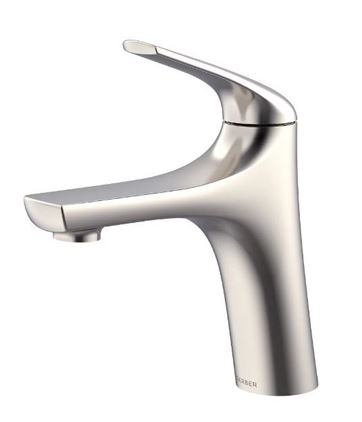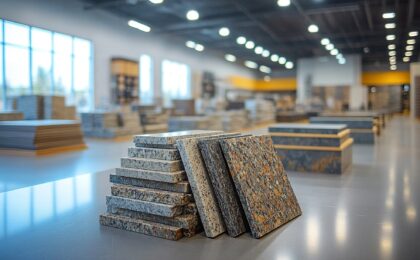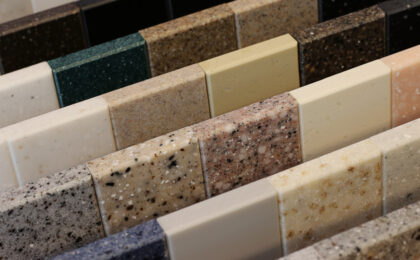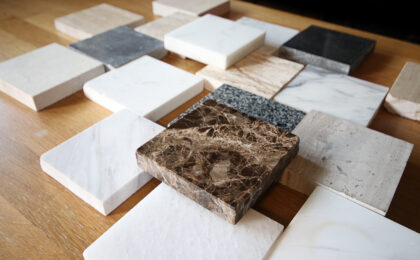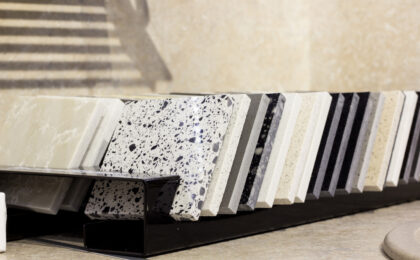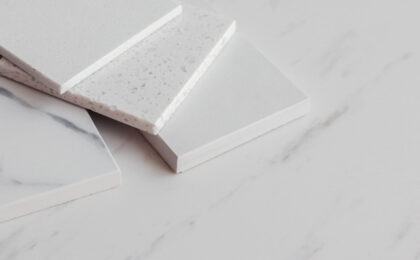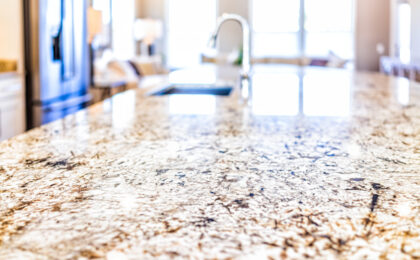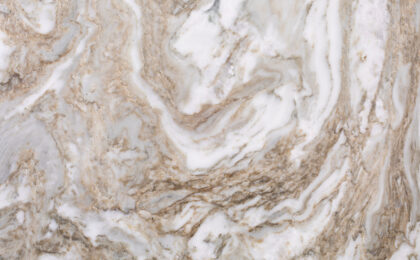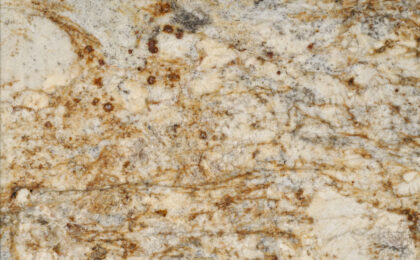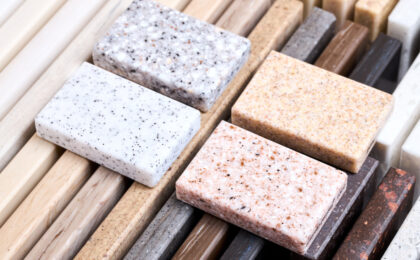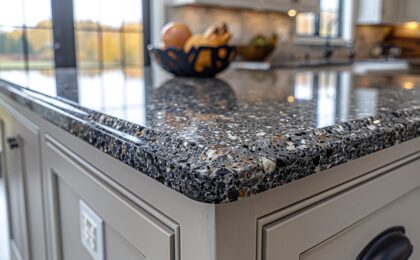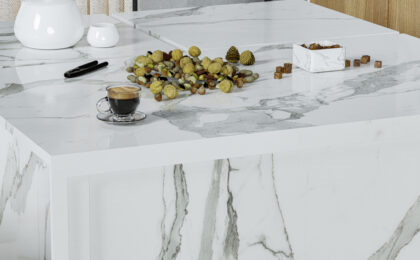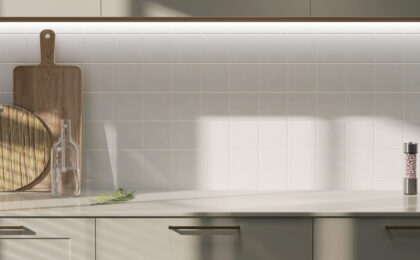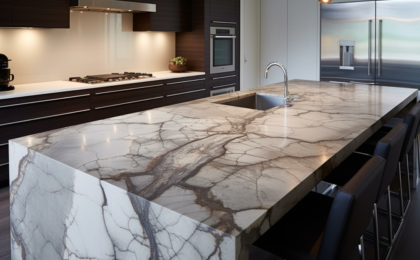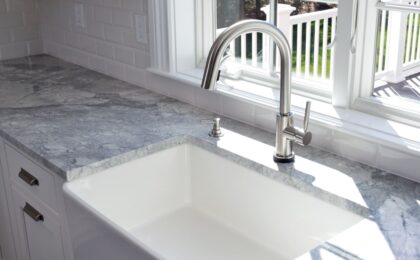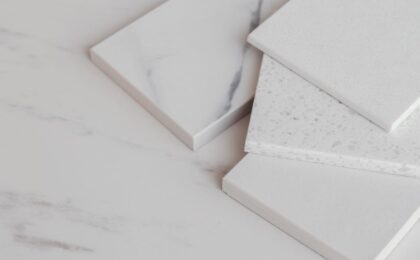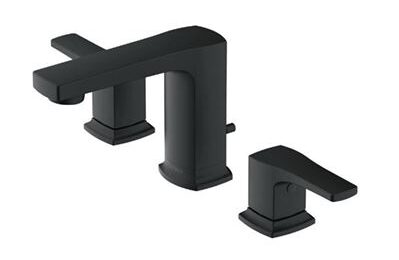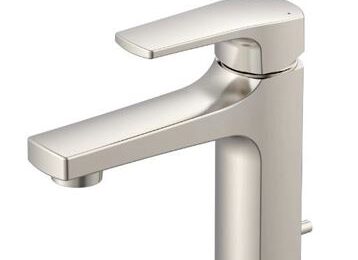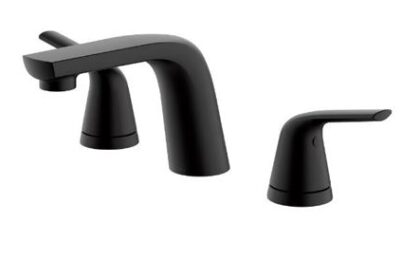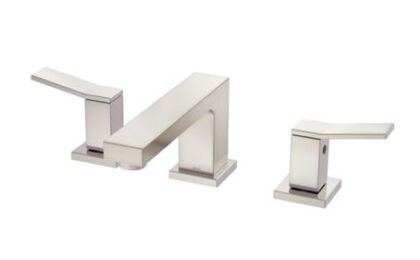Few things in a typical kitchen installation are heavier than granite and marble countertops. A large refrigerator might be a contender, but stone countertops are the clear winner when it comes to weight. Granite and marble countertops can be heavy enough to require multiple people to carry and install them.
Have you ever wondered why? Furthermore, have you ever wondered which material is heavier? We will answer both questions in the remainder of this post. In the meantime, we welcome your visit to any of our Utah showrooms where we stock a wide selection of granite, marble, and quartz countertops. Come see for yourself how beautiful stone countertops can be.
It is All About Density
Before we reveal which of the two materials is heavier, let us talk about why they are both so heavy. It is all about density. Think about your high school chemistry class and the many hours you spent measuring the densities of a variety of substances.
Density can be described as how tightly matter is packed. A cup full of concrete is more tightly packed than a similar cup full of feathers. The more tightly packed the material, the more material you can get in the same space. Therefore, higher densities trend toward higher weights as well.
This explains why both granite and marble are so heavy. They are high density rocks, meaning they pack a lot of material into a small space. Quartz is different – at least in terms of countertops. Quartz minerals do not hold together well enough to create countertops on their own, so they are mixed with resins. The result is a less dense material that isn’t nearly as heavy as granite or marble.
And the Winner Is…
Now for the moment you’ve all been waiting for: the winner in the battle for higher weight. The award goes to granite. Granite density is roughly 2.7 grams per cubic centimeter. Marble has a slightly lower density of about 2.5 grams. The difference might not seem like much, but it equates to 8-10%. If you are talking about the difference between 200 and 180 pounds, that’s a difference you can actually feel by picking up the two types of countertops.
Given that density closely aligns with weight, you might be interested to know how much the two stone materials actually weigh. Granite weighs in at between 18 and 22 pounds per square foot. Marble typically weighs between 16 and 20 pounds.
Both Are Excellent Choices
Now that you understand the relationship between density and weight, let’s talk about density and durability. You are looking at a similar relationship. Although there are exceptions to the rule, more dense materials tend to be more durable as well. Once again, granite and marble fit the bill.
Granite and marble are excellent choices for countertops because of their durability. They are tough materials, unlike something like limestone. Granite and marble handle temperature extremes very well. They don’t crack or chip easily. And with a good sealer, both remain looking like new for years.
Granite and marble do have their downsides. At the top of the list are installation challenges. As natural stones, granite and marble are unforgiving. You really need to know what you’re doing to install either type of countertop correctly. Get it wrong and you could find yourself out a lot of money.The other downside is cost. Granite and marble certainly cost more than laminates. But if you can afford the investment, granite and marble countertops can actually increase your home’s value. We believe their higher density makes them well worth the higher price tag.
